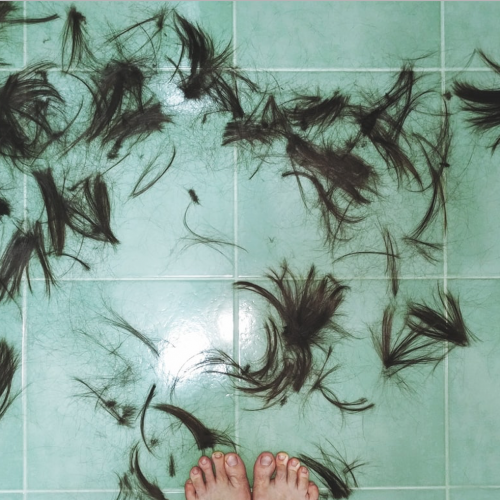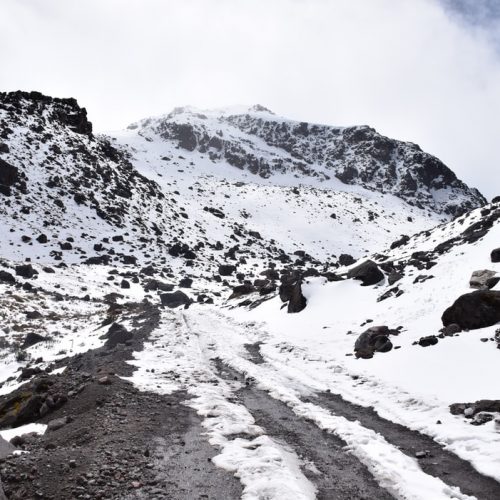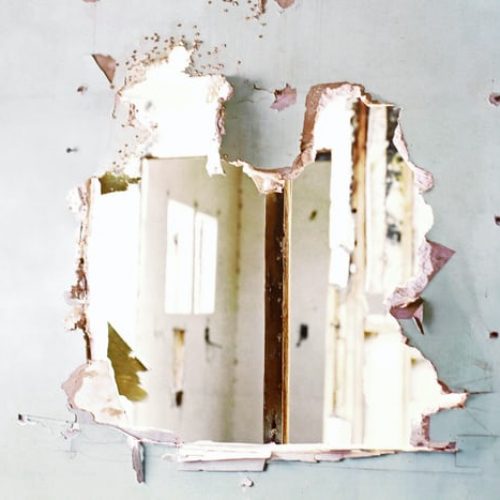While my aunt and uncle were downstairs drinking themselves to an early grave, my cousins invited me into their bedroom closet. Then they pulled out the magazines. Handed them around. Looked at me as if they were sharing the secret answer to everything. So, I flipped the pages, got my first glimpse of everything, and it never left me.
Only after exiting the closet did my erection relax. I recall how weird it felt, to have this boner and enjoy the feeling without knowing why it was happening or what to do about it. Worst of all, who would I have asked? My mom? Always quick to change the subject. Dad? A Navy flyboy off in the wild blue riding his own joystick.
No, I was left to my friends. In the early 1960s, boys hung with boys, played with boys, fought with boys, and never talked about their junk. When our own little bad boys started acting up, we walked alone. All I had was panic and this thing—this hard, insistent, constant companion—and a sense that it had only begun to reveal it’s nature.
I got an inkling of what that might be when Carlos came to live with us. My parents, my two younger brothers, and I were living in Navy housing on Guam. Carlos was 18 and had come from Saipan, at the northern end of the Marianas Islands, to stay with us while he attended the only college in the region. He roomed with us for free in exchange for housework: a typical arrangement, at the time, among Navy families in Guam.
Carlos cleaned, made lunches, and attended college classes while I played with my fellow seventh graders during daylight hours. I was mainly impressed by his biceps and felt juvenile envy of what an older teen looked like. More than anything, I wanted to look like Carlos, then I could poke the bully’s nose who’d kicked sand in my face. And biceps seemed to attract the girls.
I can’t recall how our casual chats led him to ask me one day if I…
He had no word for it, just a gesture, his thumb and fingers curved together, his hand moving back and forth. I must have shown confusion. It’s odd how little I remember of one of the most formative exchanges in my life. Were there other chats in which Carlos touched on the subject?
*
One day, I found myself alone with Carlos while my mother was out shopping. He sat in front of me on the edge of the tub in our bathroom. With my pants bunched at my ankles, he touched my penis, demonstrating how to grasp it, how to slide the skin back and forth. Within seconds, I felt like I needed to pee and said so. But when I tried, the feeling passed.
Carlos encouraged me to try again, and I did. This time, I let the feeling finish, as he held a wad of toilet paper to catch my “pee.” It definitely felt good, but I had little time to enjoy my discovery. Within seconds, my mother’s car pulled into the driveway.
She walked into the kitchen and called to me.
I answered from the bathroom. Carlos hurried out.
I’m not sure what she saw or concluded, but she never said anything.
Shortly after that, Carlos left our home and my life. I know my experience with him clearly falls under the umbrella of abuse—I was 12, he was 18—but I have no plans to sue. At the time, I didn’t feel intimidated or coerced, and I’ve never resented him since. I’ve always felt guided toward something magical by an older convert.
Carlos ushered me through the divine door of the male orgasm. He provided me a partial answer to the questions posed by women’s beauty: that everything I’d first glimpsed in my cousins’ magazines. I’ve done my research; I know Carlos is still alive and apparently doing well. Is it strange that I want to reach out and thank him?

Stuart Watson
Stuart Watson worked for more than 40 years as a journalist in small towns and large. That experience fed his twisted love of humanity. He writes poetry, essays and short fiction for fun and poverty. His work has appeared in Newsweek, the Seattle Times, The Oregonian, Gallery, Windsurfing and other publications. He lives in the Columbia River Gorge, with his wife, dog and a collection of great friends who share his love of windsurfing.





